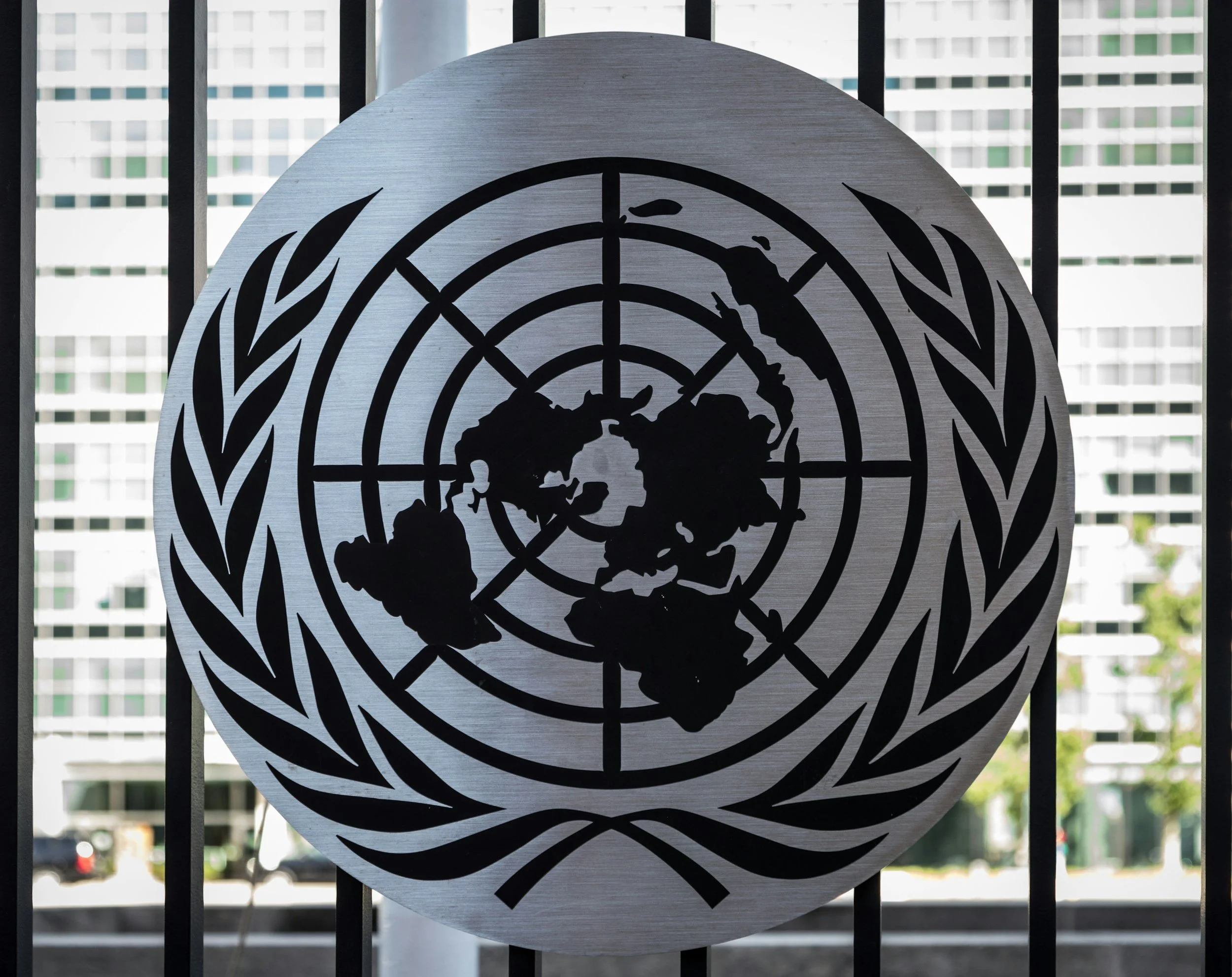Wider Scale Issues
*
Wider Scale Issues *
EthicsInGenes
EthicsInGenes
Introduction
Modern day gene therapy does not exist in a vacuum and when discussing its ethical concerns it is important to take into consideration shifts in human behaviours and values and social climate. Gene therapy relies on the genetic makeup of the human body and its mechanism, this makes it unlike any other medicines which require small molecules that interact with or inhibit biological processes. Gene therapy is unique as allows us to reshape the human conditions and fix the route of the problem of a disease rather than just treating symptoms of a disease. Historically we have thought of gene therapy as either introducing a new or modified gene, deactivating an gene that is not functioning correctly or replacing a gene with a healthy copy. However know we have also developed something known as gene editing where we can manipulate certain parts of someone's genes. As mentioned this can then become enhancement of the human body and pushing boundaries like this can lead to legislation needing to be enforced and also huge potential negatives for society. Therefore it is important to understand and control the development to prevent these societal issues occurring.
Social Inequality
Another main concern of gene therapy or genome therapy is the concern that it may exacerbate social inequality, this concern is raised by the already unfair access to healthcare worldwide. More questions may arise from this such as if it is a new medicine and new technology how expensive will it be and how many people will be able to afford this? Will this worsen the socioeconomic issues we already experience in health care?
Furthermore, if genetic enhancement is limited to only the very wealthy we risk creating a new form of social stratification. If only the rich can become potentially genetically enhanced they then hold significant advantages in health, intelligence and even physical abilities creating a wider gap between the very wealthy and the rest of society. This issue could potentially cause genetic castes where someone's genetics can become a point of privilege or disadvantage. This then creates a group of people that are 'genetically elite' and will dominate society not only economically but also genetically.
Legislation
As mentioned previously one of the main issues with gene therapy currently is that the technology is developing at a much faster rate than the legislation put in place for it, this makes creating new legislation extremely important to prevent some of the issues mentioned above to cause issues in society. A solution could potentially be to develop a special committee made up of experts in multiple institutions to continually update legislation based off of technological advancements made globally. It should have a major focus on making sure that any advances made are equally accessible to all to avoid any social inequalities.
What Is the current Legislation?
The SIENNA (Stakeholder-Informed Ethics for New technologies with high socio-economic and human rights impact) is the most prominent piece of legislation regarding gene therapy and genetic enhancement. One of the main documents of this project comes from the European Commission who set out ethical guidelines regarding human enhancement. The European Commission created this as they saw that there were very few successful proposals in creating ethical guidelines for this area despite many intense societal discussions. These are the main plans for the SIENNA project:
A multitude of surveys including a survey about the approaches of the research ethics committee and one on societal acceptance and awareness. This will be done in hopes to strengthen ethical framework for genetic enhancement
An international expert body the already mentioned social and ethical issues
To establish a difference in framework from how it has been before. The main change in the framework being that projects must have clearer aims on whether they are developing techniques for human enhancement or whether it is a project that has a dual use, where the outcome of the project can be used as a therapy but also has a potential for enhancement.
This change in framework is to increase the transparency in scientific projects
A review of legal and human rights not only inside the EU but also outside
What should be improved now however is defining what is allowed to be practised and trialled within these projects, for example whether the use of non-viable embryos should be allowed.
